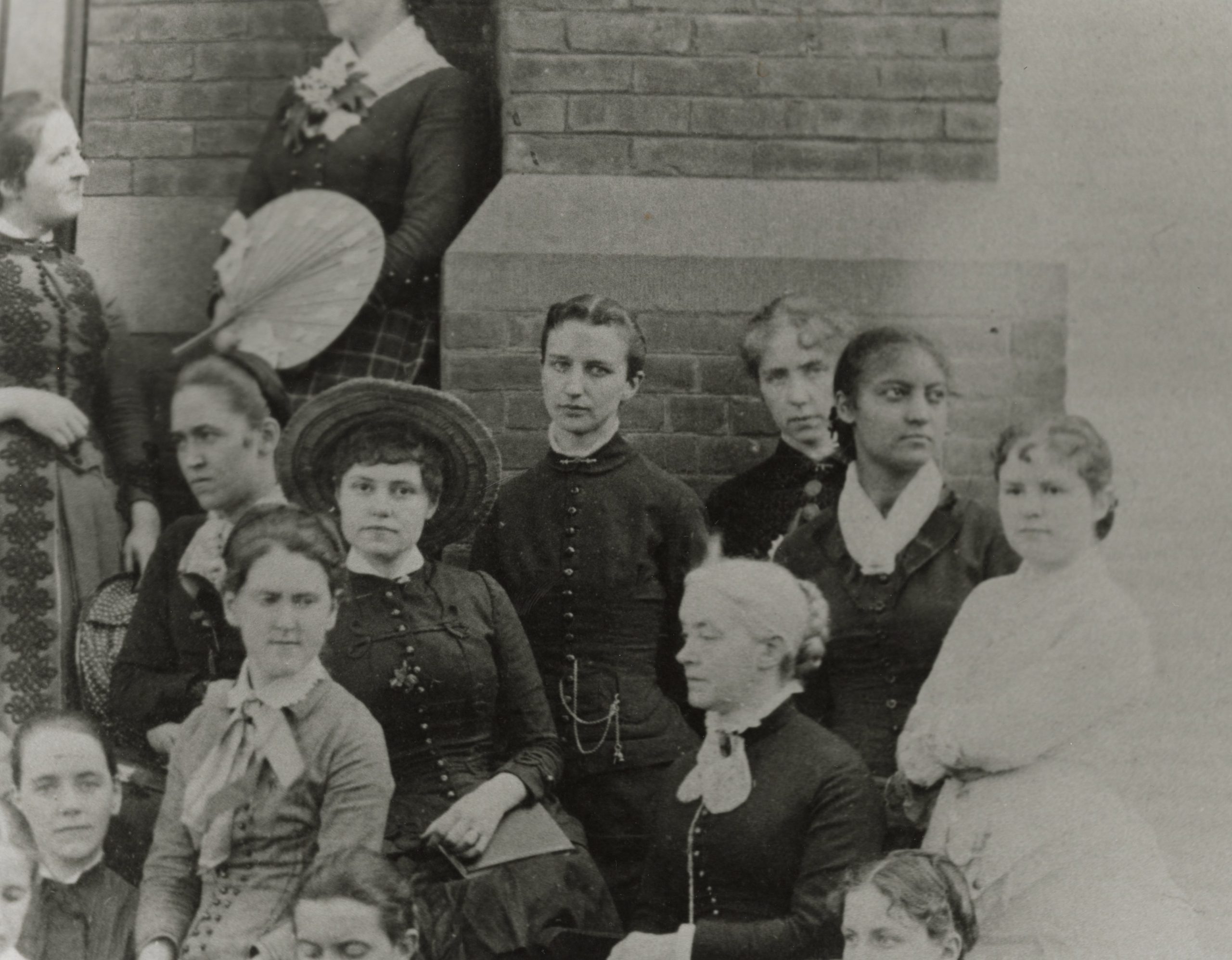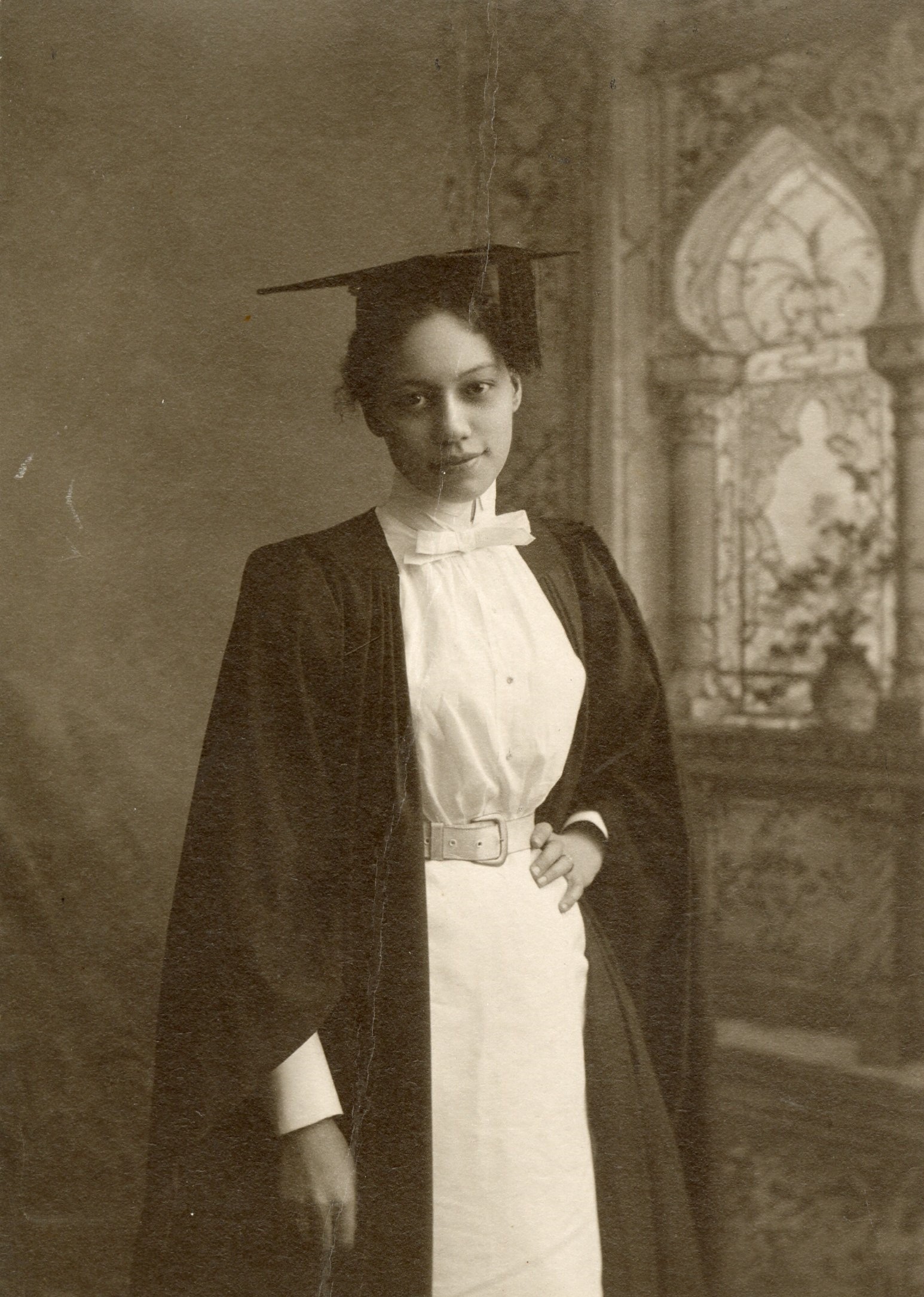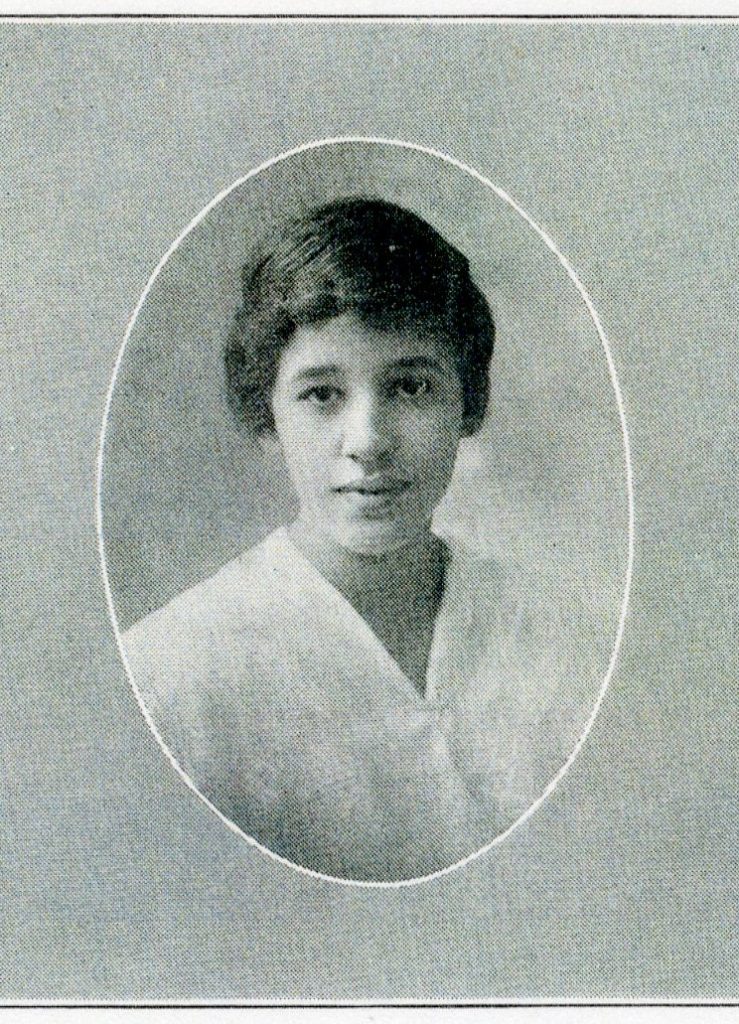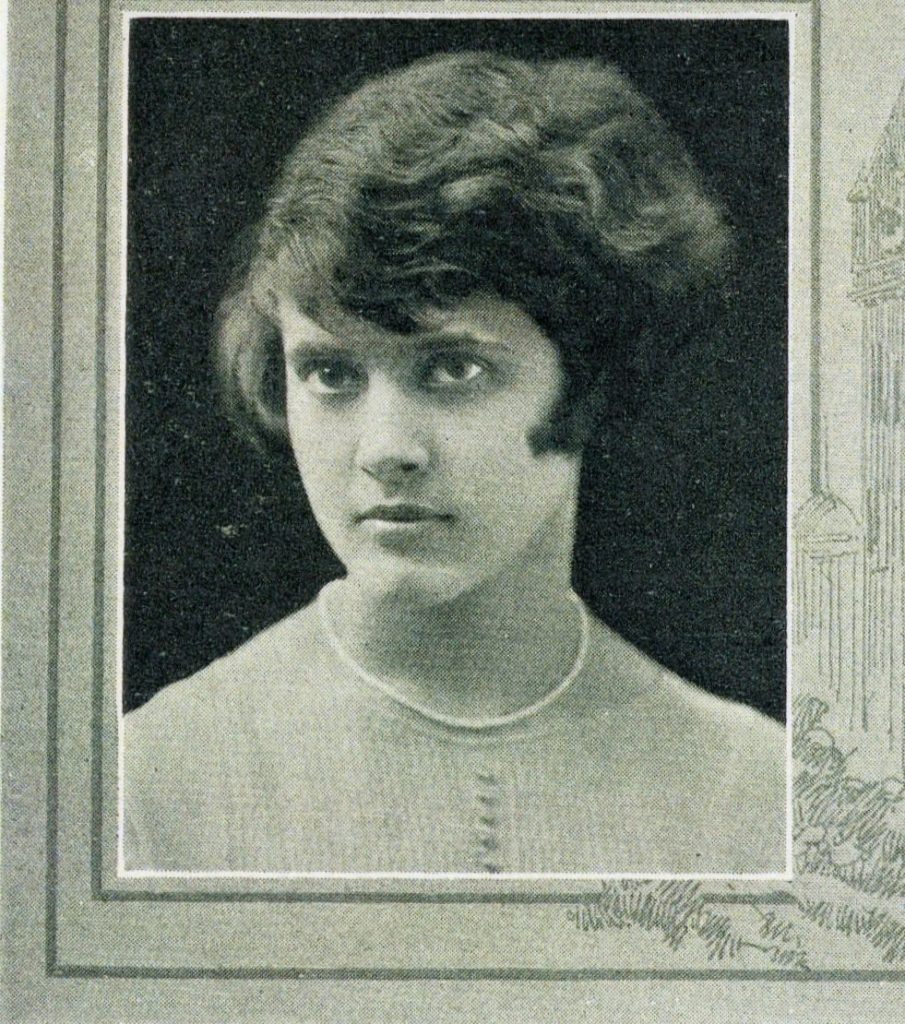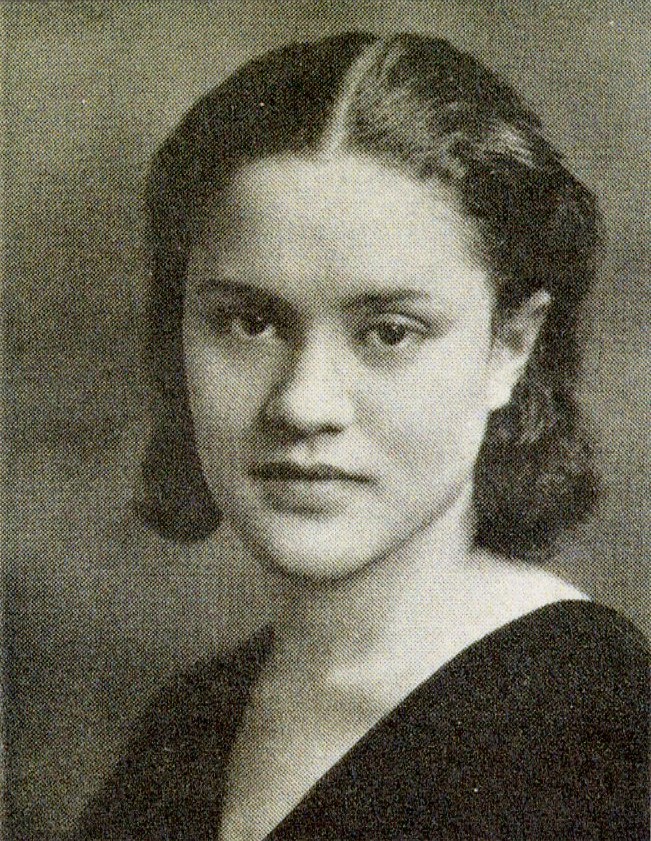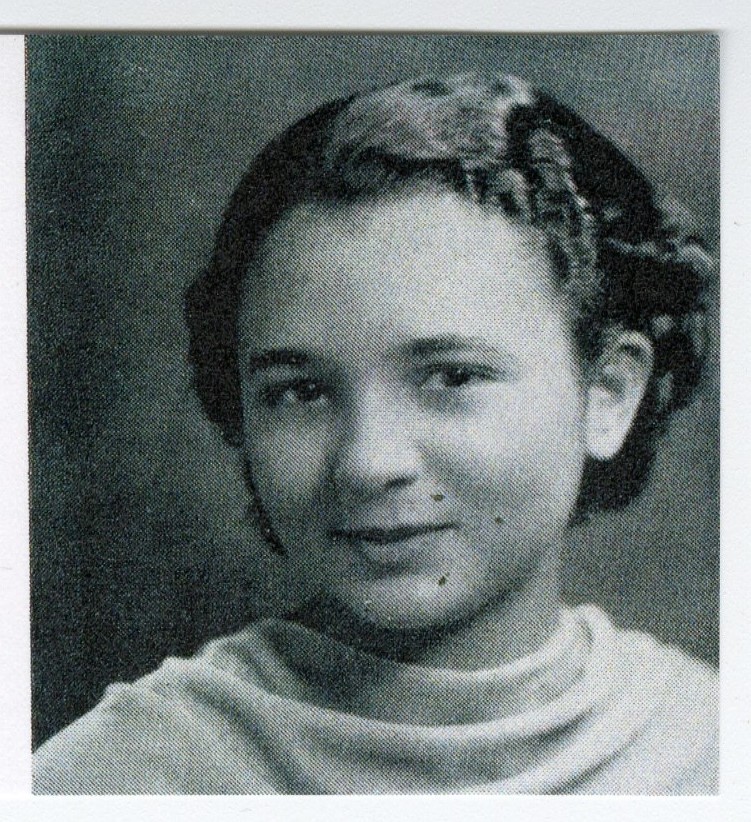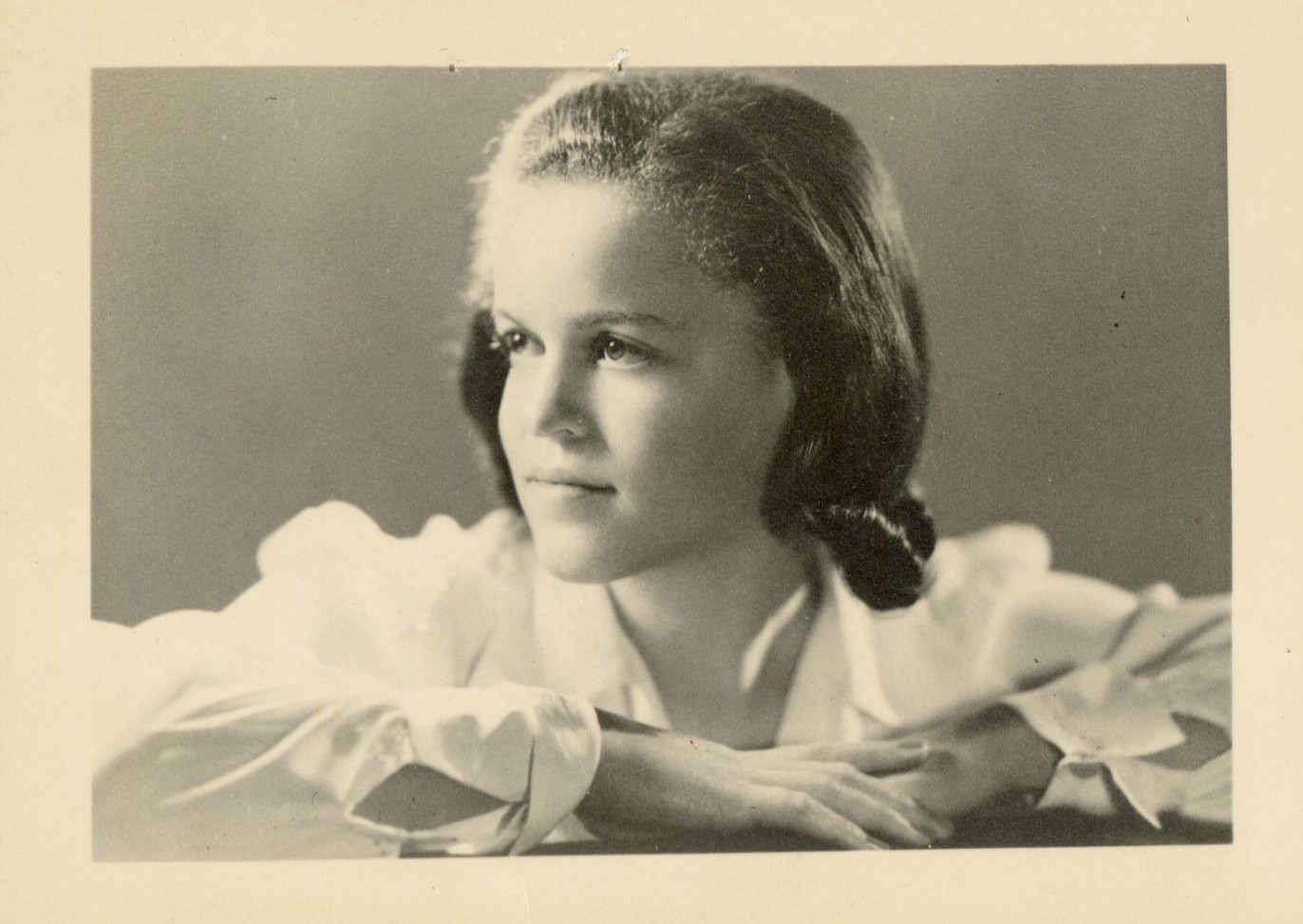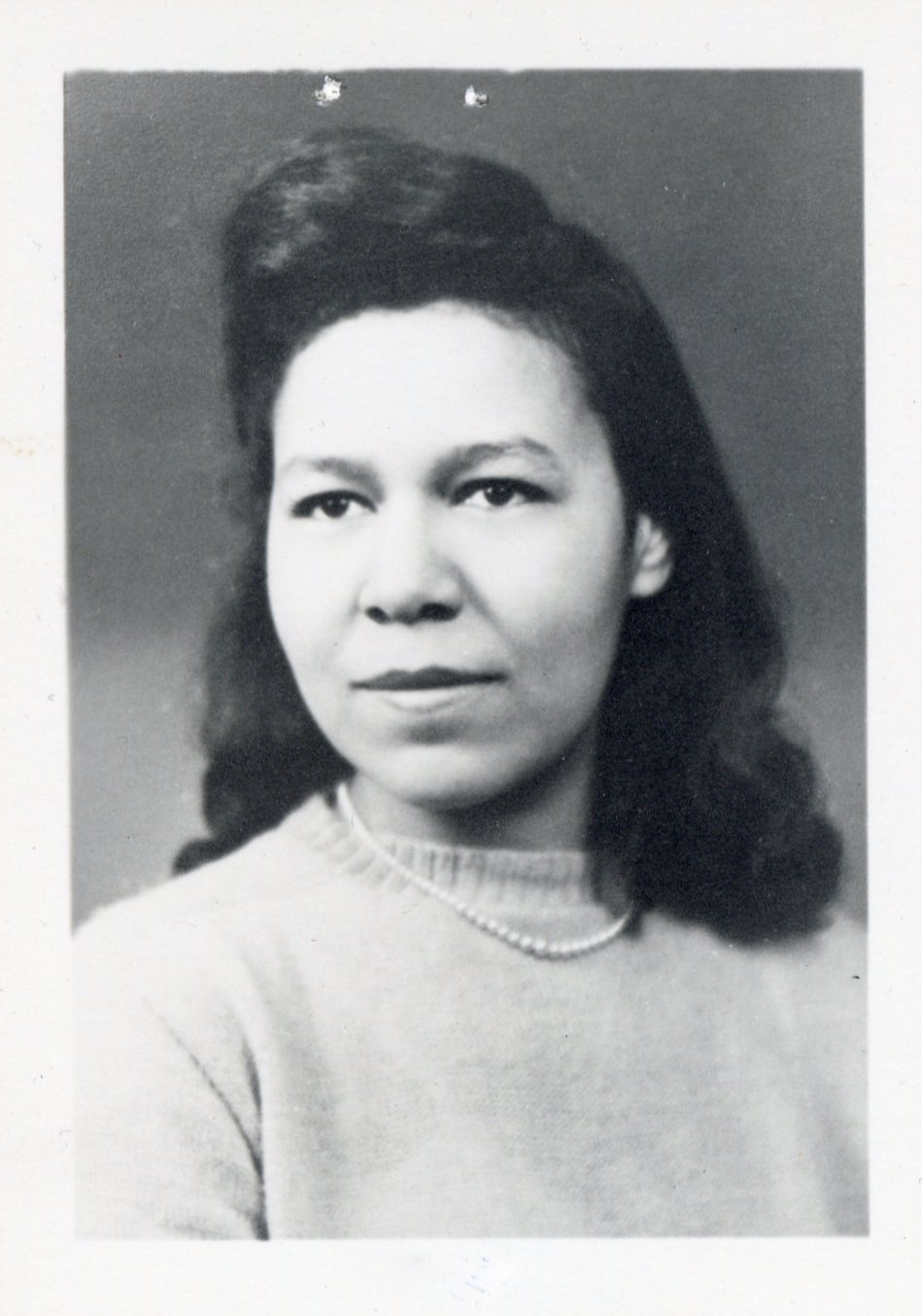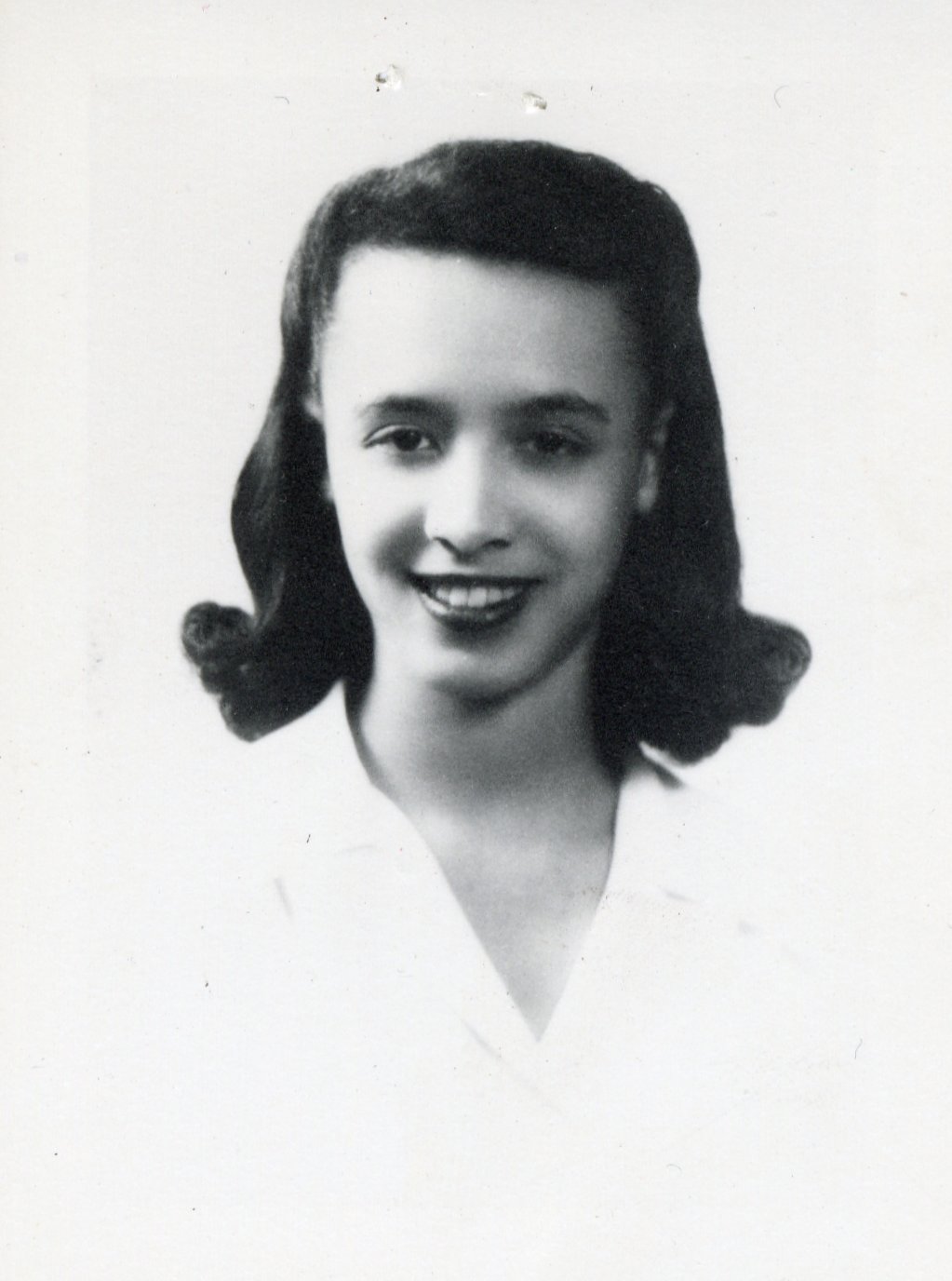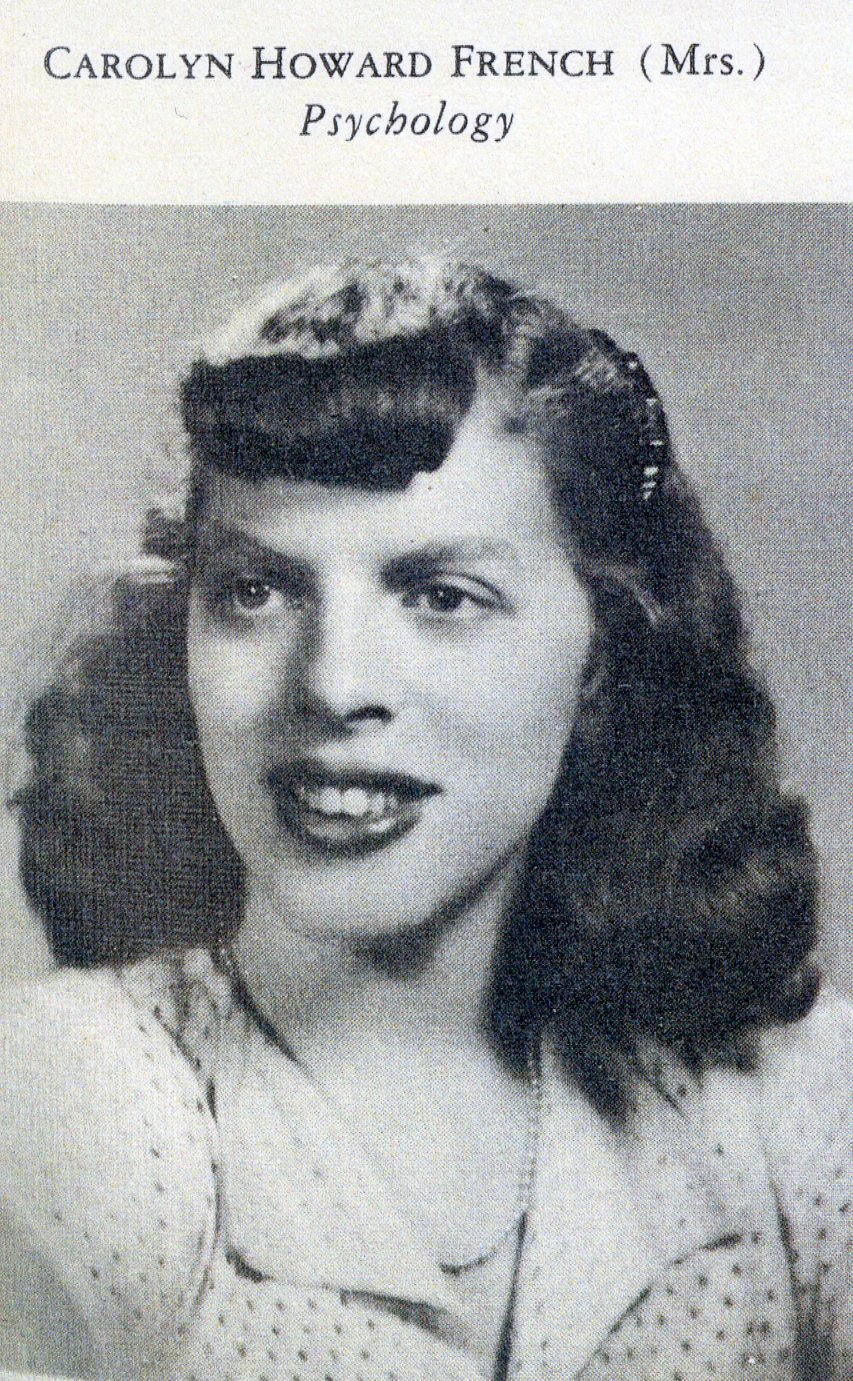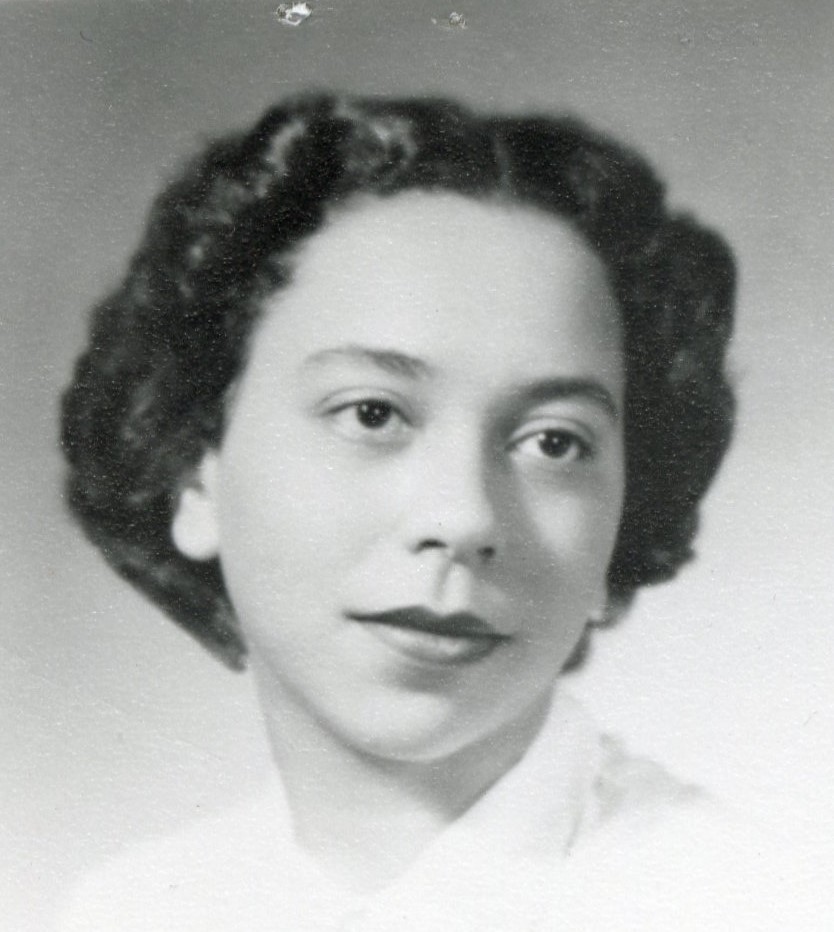In 1845 the Trustees voted not to admit Black women to Mount Holyoke. While Mary Lyon received letters of protest, she never took a public stand on slavery or the education of Black women.
Mount Holyoke did not openly admit Black students until the mid 1900s. The first Black students were admitted without their race being known. Until the 1950s, there were usually only a couple Black students on campus at a time and in many years there were none. By 1950, only 23 African American students had graduated from Mount Holyoke.
The early Black graduates of the Seven Sisters colleges were generally light-skinned and/or came from prominent families whose parents had received higher education. Both of these factors served to mitigate their racial ‘otherness’. These students still faced the struggle of being a minority on a predominantly white campus however.
Despite this, Black students at Mount Holyoke are and always have been active, integral, and full members of the Mount Holyoke community, both excelling in academics and being leaders in campus organizations. Of the Black women who attended Mount Holyoke before the 1960s, almost all said that they would attend the institution again and many had daughters or other family members attend.
In 1973, a History 265 class called “Black and White Americans,” interviewed and researched Black alumnae. This section highlights some of the alumnae who were interviewed, showing how they felt and experienced their time at MHC between 1878-1958. While no one thing can define the history and legacy of the Black community at Mount Holyoke, these alumnae all demonstrate the leadership, community, activism, and achievement that defines a Mount Holyoke education.
Click on the images below to learn more about each student
